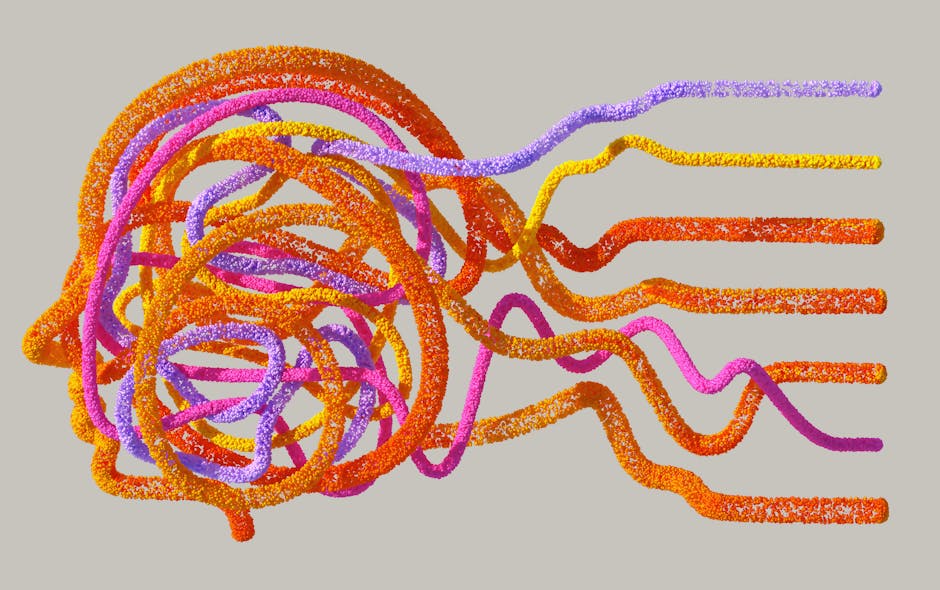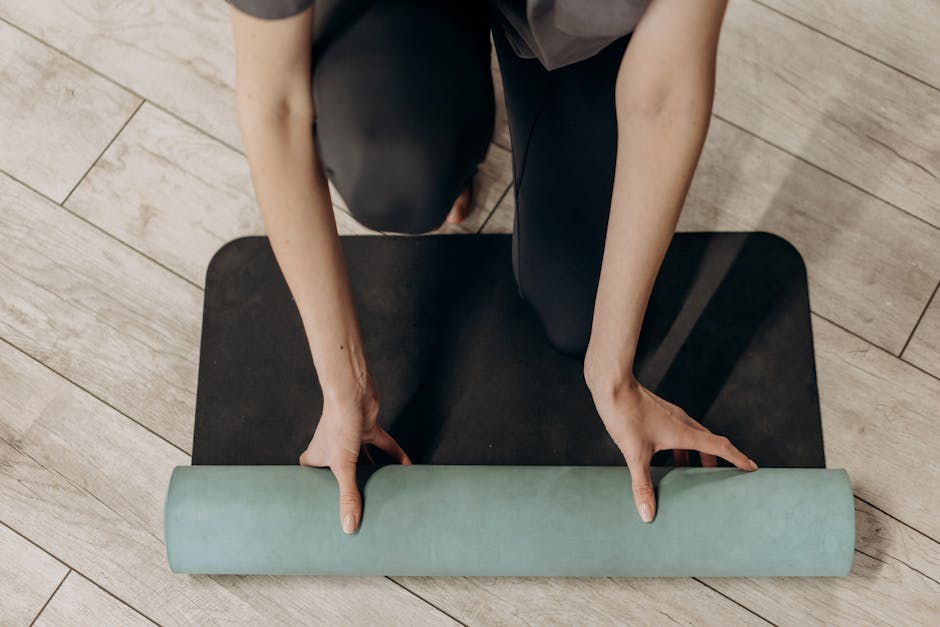Ignite Your Creativity: The Art of Rest for Enhanced Wellness
In today's fast-paced world, we often overlook the true power of intentional downtime. The art of rest is not merely about inactivity; it's a transformative state of being that fuels creativity and boosts our overall wellness. As we navigate our busy lives, we must remember that rest can profoundly affect our productivity and mental health.
Understanding the Importance of Rest

Rest is not just a luxury; it's essential for functioning optimally. The modern work culture often glorifies busyness and constant engagement, influencing many to sacrifice their downtime. According to research published by the National Sleep Foundation, quality rest enhances cognitive function, emotional stability, and even creativity.
When we intentionally include breaks into our daily routines, we allow time for reflection, rejuvenation, and innovation. Recognizing the need to step back is crucial for personal growth, mental health, and creativity. It’s time to embrace the notion that rest is not the enemy of productivity; it is the foundation upon which creativity flourishes.
The Science of Rest and Creativity

Research from the University of California shows that adequate downtime can enhance right-brain activity, which is crucial for creative thinking. When we rest, we allow our minds to wander, which fosters connections between disparate ideas and concepts. This "default mode" of the brain activates during restful states, leading to insightful revelations—an essential component of creativity.
Moreover, embracing downtime aligns closely with practices that can improve your overall health. From meditation to nature walks, each type of intentional rest serves a purpose and opens doors to creative thoughts. You can explore more about how natural environments impact our wellbeing in our article on the hidden power of biophilia.
Types of Rest that Spark Creativity

1. Mental Rest

Our minds are bombarded with information from the moment we wake up to the time we go to sleep. Mental rest involves shutting down that constant influx of information. Strategies like meditation or simply disconnecting from technology for a while can help clear mental clutter. When your mind is clutter-free, creativity can flow more efficiently.
2. Physical Rest

Engaging in physical rest means allowing your body time to recover. This doesn’t have to mean lying on the couch all day. Gentle activities, such as yoga or leisurely walks, can rejuvenate both your body and mind. Physical activities nourish creativity by connecting you to your body and surroundings.
3. Sensory Rest

In an age of constant stimuli from social media, advertisements, and notifications, sensory rest is essential. Taking a break from screens and noisy environments lets your senses recalibrate. Listen to the sounds of nature or enjoy a calm, quiet room for a period—it's a beautiful method to evoke creativity and restore balance.
4. Emotional Rest

Emotional rest can be vital for mental health and creative expression. It helps to take a step back from emotionally draining activities and individuals. Surround yourself with supportive, uplifting people. Journaling can also help express and process emotions, leading to clarity and triggering creative thought.
5. Creative Rest

This is about taking time away from your regular creative work. Engaging in activity or experiencing something entirely different from your chosen form of creativity can recharge your creative batteries. Whether that means visiting a gallery, picking up a new hobby, or even enjoying a good book, a little variety can stimulate fresh ideas.
Incorporating Restful Practices into Your Routine

Integrating rest into your daily life may require some rethinking, especially if you’re used to a constant hustle. Here are actionable ways to prepare for intentional downtime:
Establish a Rest Schedule

Start small. Designate specific times throughout your day for rest—try starting with 10 to 15 minutes of downtime every few hours. Plan your breaks as you would important meetings or appointments.
Mindful Practices

Incorporate mindfulness practices into your routine, whether yoga, meditation, or simply enjoying nature. These practices can create a profound sense of calm that rejuvenates your creative energy. Discover ways to enhance mindfulness through sound in our piece about harnessing soundscapes.
Digital Detox

Allocate certain times in your week to disconnect from devices. A digital detox can help give your mind the essential rest it craves, ultimately leading to a rejuvenation of creativity. For more on taking breaks from technology, check out our guide on crafting your own digital detox retreats.
Engage in Diverse Activities

Make it a habit to try something new regularly. This can be exploring different creative outlets or simply stepping out of your comfort zone. Embrace new culinary experiences or artistic pursuits that inspire you.
Benefits of Rest on Overall Wellness

Transitioning into a lifestyle that prioritizes rest can transform your relationship with creativity and wellness. Not only does it enhance mental clarity and emotional resilience, but it also supports physical health. Here are some notable benefits:
Improved Mental Health
Regular downtime can significantly reduce stress and anxiety. It boats a more positive outlook on life, enabling better coping mechanisms when faced with challenges. Those seeking humor in healing can also look to laughter—for more, read about the healing power of laughter.
Increased Productivity
Ironically, resting leads to increased productivity. With a clearer mind and body, tasks that once felt daunting become more manageable. Better productivity can lead to a greater sense of accomplishment, positively influencing personal goals and creative work.
Enhanced Creativity
As evidenced by numerous studies, a rested mind breeds creativity. Taking breaks allows our minds to synthesize information, leading to those "lightbulb moments" that fuel innovation.
Physical Wellbeing
Practicing rest can lower cortisol levels, decreasing stress while promoting better physical health. With improved mental clarity, your physical health often improves as you make better lifestyle choices. Consider exploring culinary traditions that promote mental wellness through our feature on culinary traditions.
Final Thoughts
In a world that often idolizes busyness, embracing the art of rest is radical yet essential. By implementing intentional downtime into your routine, you can unlock potential creativity and experience a surge in overall wellness. Rather than viewing rest as an obstacle to productivity, see it as a necessary component of a fulfilling and vibrant life.
Don’t underestimate the power of rest as a vehicle for creativity. Whether through physical, emotional, or mental downtime, creating a space where you can disconnect will nurture your well-being.
As you embark on your journey to better health and creativity, remember that each moment spent in intentional rest is a step toward a more balanced life. With practice, you’ll learn to appreciate the art of rest as an essential part of your well-being.



